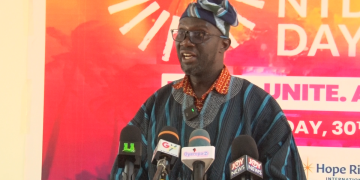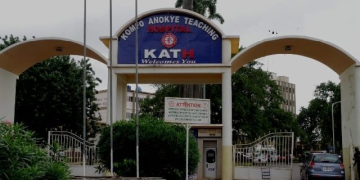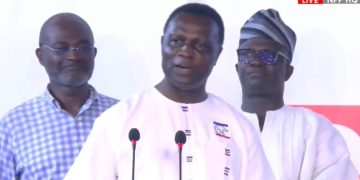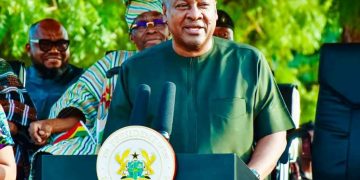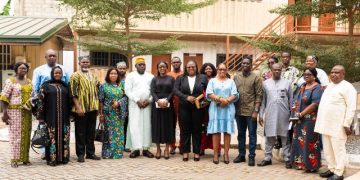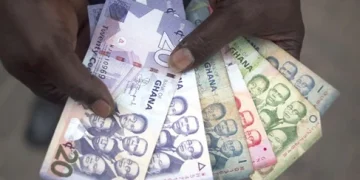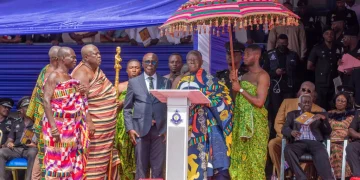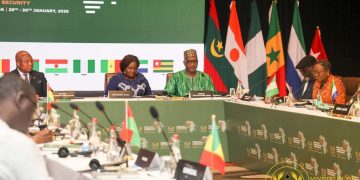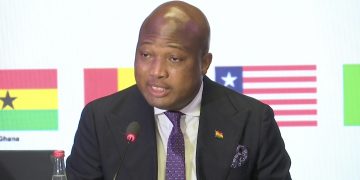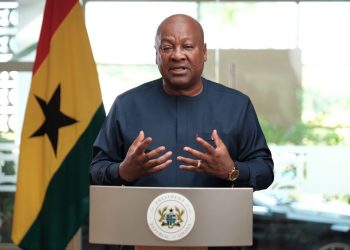Former Minister for Roads and Highways, Francis Asenso-Boakye, has dismissed claims that the reintroduction of road tolls through a digital platform is a novel initiative by the current administration, asserting that the policy was originally conceived and advanced under the previous New Patriotic Party (NPP) government.
Speaking in a statement issued yesterday, the Member of Parliament for Bantama emphasized that the digital tolling system was not a recent innovation by President John Mahama’s administration but rather the continuation of a process initiated and structured by the NPP long before the current government assumed office.
“The groundwork for a digital road tolling system was laid by the NPP government well before President Mahama assumed office in January this year,” Asenso-Boakye stated. “Ghanaians deserve leadership that builds on progress, not one that repurposes the work of others as their own.”
According to him, the NPP government in 2021 made a strategic decision to suspend manual toll collection due to its low revenue yield, contribution to traffic congestion, high vehicle operating costs, and susceptibility to revenue leakages.
He noted that the suspension was not the end of tolling, but a step towards implementing a modern, efficient digital tolling system. “The decision was rooted in the need to adopt a technology-driven solution, leveraging the Ghana Card and Digital Address System already in place,” he said.
Asenso-Boakye explained that in 2024, Cabinet granted approval for the reintroduction of tolls via a digital platform following a formal request by the then Roads and Highways Minister. The move, he added, was publicly confirmed by the Finance Minister in the 2024 Mid-Year Budget Review.
The NPP, he continued, adopted a Public-Private Partnership (PPP) model under the Public-Private Partnership Act, 2020 (Act 1039), with the project initiated through an unsolicited proposal. This process included the development of an initial business case, a comprehensive feasibility assessment, sector-wide evaluation, and competitive procurement procedures.
“A Ghanaian-owned company was selected as the concessionaire, and a detailed Concessions Agreement was submitted to the 8th Parliament for approval,” he said. However, due to time constraints, the agreement was not finalized before the parliamentary term ended.
Asenso-Boakye criticized the decision by the current administration to truncate this process and reopen the procurement, suggesting it undermines the continuity needed for national development. “While we respect the right of any government to choose its procurement strategy, it is disingenuous to present this as a new idea,” he asserted.
He concluded by urging the current administration to focus on building on the progress made rather than engaging in what he termed “political repackaging.”
The reintroduction of road tolls has become a key point of discussion as the government seeks to generate revenue while aligning with the national digitalization agenda.
Source: www.kumasimail.com






